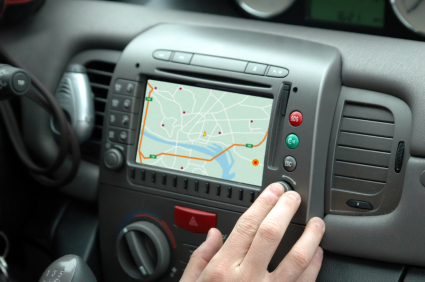Debunking Common Myths About GPS Technology
Explore and debunk common myths about GPS technology in this comprehensive guide. Understand the true nature of GPS signals, government involvement, weather effects, and device accuracy to make better use of your navigation tools. Clear misconceptions and learn how modern GPS systems operate efficiently without interference or privacy concerns. This article clarifies doubts and provides reliable facts for everyday users and enthusiasts alike.

Debunking Common Myths About GPS Technology
Understanding the Truth About GPS Systems
GPS and navigation gadgets have been integral to our lives for over 30 years. Despite their widespread use, many are unaware of how these systems operate behind the scenes.
The internet is filled with misconceptions—ranging from signal origins to government control—that create confusion about GPS technology. Clarifying these myths helps users better understand the capabilities and limitations of their devices.
Here are some common myths about GPS technology debunked:
GPS Signal Sources: Many believe signals come from ground-based stations, but in reality, GPS signals are transmitted via a network of satellites orbiting Earth. These satellites bounce signals to your device, providing accurate location data.
Military Control Over GPS: While military space operations monitor GPS signals, they do not control them. Civilian devices operate independently, governed by government regulations without military interference.
Privacy Concerns: The myth that your movements are constantly tracked by GPS is false. Most systems are designed solely for locating and navigation; they do not transmit your location without your consent.
Weather Impact: Unlike satellite TV, GPS signals are not affected by bad weather. As long as there are no obstructions blocking the signal, your device will maintain accurate positioning outdoors, regardless of weather conditions.
Accuracy of GPS: While most GPS systems are highly accurate, this depends on software updates. Well-maintained, updated software ensures reliable positioning.
Additional Apps and Interference: Modern GPS units include various apps like traffic updates and route suggestions that do not interfere with core navigation functions. They enhance user experience but do not cause signal disruptions.
Military vs. Civilian GPS: There is no separate military or civilian GPS; both use the same satellite signals. Differences lie in equipment quality and bandwidth, not signal types. Garmin manufactures widely used GPS devices for both sectors.
Note:
Our website covers diverse topics to provide useful insights. The information shared is based on research but should not be deemed as authoritative or exhaustive. Users are advised to verify details independently, as our platform may not have access to all offers or latest updates.










